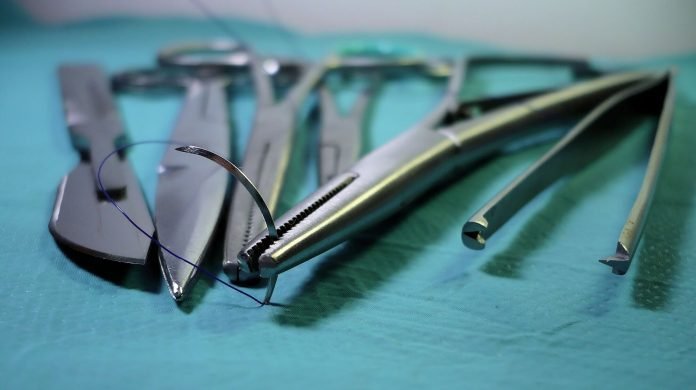Last Updated on March 12, 2024 by admin
Have you ever thought about the medical tools all hospitals must have to operate? We might take them for granted or not even think about them because they’re kept behind the scenes.
Why does it matter? Because knowing a bit about the things, hospitals have to use to help people is essential. It gives us an idea of why medical expenses can be so high, not that that’s so great. But it also gives us a better appreciation of the hospital professionals that manage and operate all this equipment and all the training involved in every hospital job.
Maybe you’ve wondered why healthcare charities and non-profits constantly have to raise money. It’s because they have to find funding to pay for all these medical supplies, which are critical for lifesaving treatments.
So here’s a quick overview of some of the most common hospital tools and medical equipment in use at any given time. This list doesn’t by any means include everything, but all the things on this list are necessary for a hospital to save lives.
Table of Contents
1. Ventilators and Defibrillators
Ventilators keep patients breathing when they can’t on their own because of brain damage, surgery, or trauma. They pump air in and out of the lungs and supply oxygen to the body. Without this oxygen, the patients would die.
Defibrillators deliver an electrical shock to the heart and can restart a heart that has stopped. They also treat cardiac arrest, when a patient’s heart stops and fails to deliver oxygen to the brain. Without defibrillators, medical staff could only rely on cardio-pulmonary resuscitation, which doesn’t always work.
2. IV Kits
IV kits include an IV needle, tubing, and adhesive tape that holds the needle in place. They connect to a bag of saline and IV medications that may have bacteriostatic water in them.
3. Blankets and Gowns
They may seem like insignificant hospital supplies, but a blanket can make all the difference in patient care. Nurses can give patients who have warm hypothermia blankets or use a blanket to help calm a patient in shock.
Hospital gowns protect patients’ privacy while allowing medical professionals to treat them. While not flattering, they are practical and ultimately help patients recover faster.
4. Dialysis Equipment
Millions of people rely on kidney dialysis to clean their blood after their kidneys have failed. Without dialysis, these patients would die a painful death. Dialysis machines remove the patients’ blood, filter out the waste, and return it back into the body.
5. Diagnostic Machinery
X-RAY machines, CAT scanners, and MRI machines help medical professionals see inside the body. These machines diagnose broken bones, tumors, and other problems that can lead to death without treatment.
6. Splinting and Casting Equipment
Broken bones are common all over the world. Almost everyone breaks a bone at some point. All hospitals have splint and casting equipment, and a cast removal tool called a cast saw.
7. Autoclaves and Sterilizing Machines
Hospitals have to clean and reuse their tools and linens. Otherwise, they would generate mountains of trash, and equipment costs would be astronomical.
Patient Care is At Its Best With the Right Medical Tools
No hospital can operate without common medical tools. But as long as they have the right hospital equipment, medical professionals can save lives and help people be well.
For more articles about health, technology, and more, check out the rest of our blog!
Read More: Do I Really Need Implant Overdentures?













